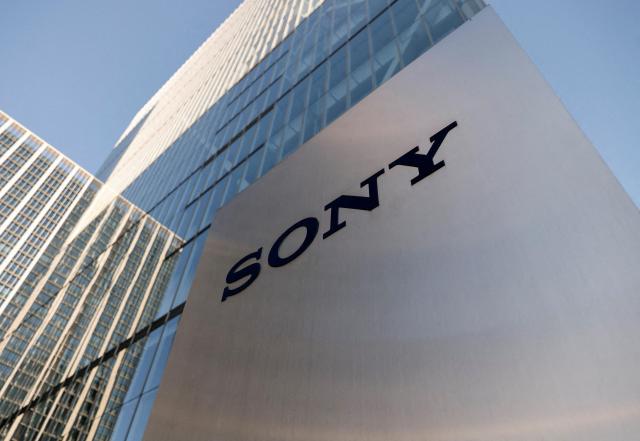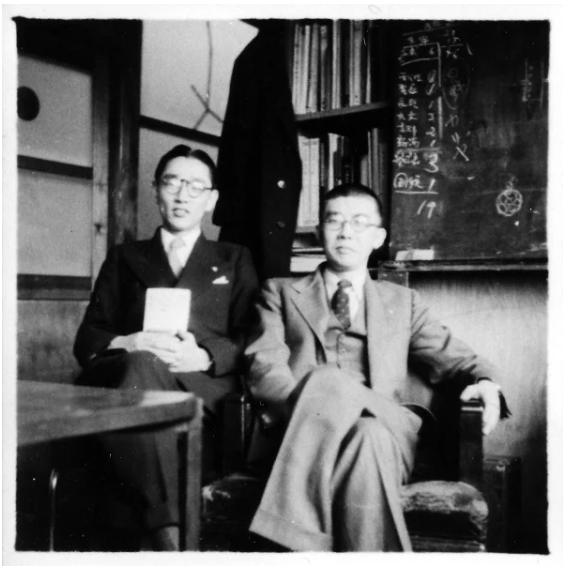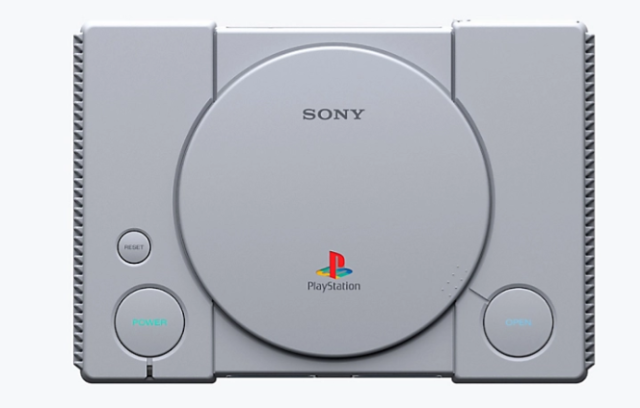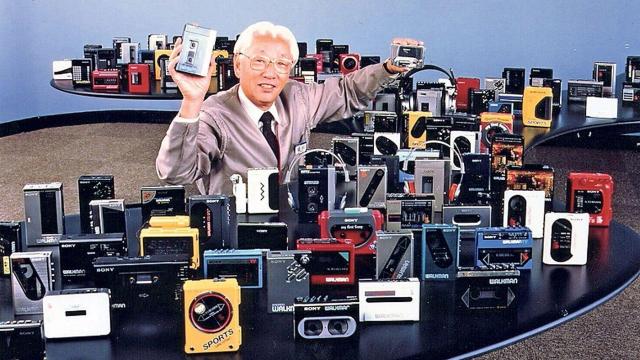
SEOUL, March 26 (AJP) - In the decades since its humble beginnings amid the rubble of postwar Japan, Sony has grown into a sprawling multinational force that sits at the crossroads of technology, entertainment, and gaming.
The company’s reach today spans image sensors and semiconductors to blockbuster movies and best-selling consoles — a testament to its relentless drive for innovation.
Founded in May 1946 by Masaru Ibuka and Akio Morita as Tokyo Telecommunications Engineering Corporation, the company launched with just 20 employees and a modest capital of 190,000 yen.
Initially focused on repairing damaged radios and other war-ravaged electronics, Sony’s first commercial attempt — an electric rice cooker — fizzled. But by 1950, the company had found its stride with Japan’s first domestically produced tape recorder, signaling its shift from repair to manufacturing.


The breakthrough came in 1955 with the TR-55, Japan’s first commercially available transistor radio.
The device’s compact, portable form — enabled by a costly $25,000 license from Bell Labs and Morita’s innovative use of phosphorus-doped germanium transistors — positioned Sony as a pioneer in consumer electronics. It was the beginning of a decades-long streak of transformative products.
From the 1968 launch of the Trinitron — a leap forward in color television technology — to the 1979 debut of the Walkman, which changed the way people listened to music on the go, Sony helped define modern consumer tech.
In 1989, Sony made headlines again with its $3.4 billion acquisition of Columbia Pictures Entertainment, then the largest U.S. purchase by a Japanese firm.
The deal, which included Columbia, TriStar Pictures, and a vast library of film and television assets, marked Sony’s aggressive push into content creation — a strategy to merge hardware with storytelling.
That synergy came into full view in 1994 with the arrival of the PlayStation. Developed under engineer Ken Kutaragi, the console ushered in an era of immersive 3D gaming. It sold over 10 million units in its first three years, and its successor, the PlayStation 2, remains the best-selling console of all time with 155 million units sold.
Today, the PlayStation 5 continues to outperform expectations, with cumulative sales reaching 59.2 million units and strong momentum in the U.S. market.
Sony's core identity has continued to evolve. It now derives around 60 percent of its revenue from entertainment sectors — including music, film, and gaming. Its leadership in imaging technology, particularly CMOS sensors used in smartphones and autonomous vehicles, has further expanded its technological footprint.
In music, Sony remains a global powerhouse. Its acquisition of EMI Music Publishing in 2018 for $2.3 billion solidified its dominance, while streaming has fueled robust double-digit revenue growth.
In 2022, Sony made another bold move, acquiring game developer Bungie — the studio behind Destiny and Halo — for $3.7 billion, bolstering its content arsenal in the fiercely competitive gaming landscape.
At the helm today is Kenichiro Yoshida, who assumed the role of chairman and CEO in 2018. Under his leadership, Sony has leaned into its entertainment identity, overseeing a corporate restructure that emphasized synergy across business segments.
Sony’s recent financial performance reflects the success of this integrated approach. For fiscal year 2023, the company reported record-high consolidated sales of 13 trillion yen (approximately $90 billion), buoyed by strong showings in gaming and music.
However, challenges persist. Its TV division struggles against aggressive pricing and innovation from rivals like Samsung, and its mobile phone market share remains limited, even in its home country.
Meanwhile, the competitive pressures are intensifying. Apple, Samsung, and Microsoft remain formidable rivals, each with distinct strengths.
Apple’s tightly woven ecosystem challenges Sony’s consumer electronics ambitions. Samsung leads in display technology. And in gaming, Microsoft's Xbox ecosystem, particularly its Game Pass subscription model, is changing how players access content — posing a strategic challenge to Sony’s premium console model.


Still, Sony is not standing still. The company is investing heavily in artificial intelligence and immersive media.
Its AI division has produced GT Sophy, a cutting-edge racing game agent, and is exploring reinforcement learning systems capable of mastering complex environments. Sony is also developing 3D modeling and photorealistic digital humans, hinting at the future of interactive storytelling.
In its partnership with Honda, Sony has entered the electric vehicle race. The Afeela 1 sedan — unveiled with much fanfare — is now available for reservation, priced between $89,900 and $102,900 depending on trim. In imaging, the forthcoming Sony A7 V is expected to launch in 2025 with a 44-megapixel sensor and AI-enhanced autofocus, further reinforcing Sony’s edge in digital photography.
Looking ahead, the company is rumored to be working on the next-generation PlayStation, with early speculation pointing to a 2028 release and possibly two distinct hardware variants. It’s a sign that even as the entertainment landscape shifts, Sony intends to remain at its center.

Copyright ⓒ Aju Press All rights reserved.


View more comments